Along with the explosion of information technology, online trading and online sales (generally called e-commerce) have made significant progress, bringing positive effects to businesses and people and contributing significantly to socio-economic development. However, besides the positive aspects, e-commerce activities are generating many risks, potentially causing negative impacts on economic development and people's lives.

People buying goods through e-commerce platforms is becoming more and more popular - Photo: TQ
According to the assessment of the Provincial Steering Committee 389, regarding e-commerce activities, some organizations and individuals take advantage of express delivery and websites to advertise, introduce, provide false information about products, and offer for sale goods that do not guarantee quality or origin..., especially for items such as clothing, shoes, cosmetics of all kinds, and electronic devices.
A common trick is for subjects to create seller accounts with fake information on e-commerce platforms, then impersonate stores and businesses to gain customers' trust, posting products for sale at prices 3-4 times cheaper than the listed price with reasons such as "shocking discounts" or "warehouse clearance".
These items are all high-value, compact, and prone to counterfeiting and imitation. When buyers place an order, the subjects will be provided with the buyer's personal information by the e-commerce platform and use communication methods such as zalo, facebook, tiktok, instagram... to entice them to buy discount codes for online transactions without going through the e-commerce platform at a price lower than the listed price.
After the buyer transfers the payment, the subjects block communication or send parcels containing worthless items. In addition, counterfeit goods, banned goods, smuggled goods, goods of unknown origin, and poor quality goods transported by post, express delivery... also make it very difficult for the authorities to detect and prevent.
In that situation, the Provincial Steering Committee 389 has issued a plan to strengthen the fight against smuggling, trade fraud and counterfeit goods in e-commerce activities in the province. Thereby, directing member units to strengthen information monitoring, grasp the local situation, supervise businesses using websites and social networks to sell goods; carry out inspection, control and urge compliance with e-commerce laws of traders, organizations, individuals and e-commerce business models.
At the same time, depending on the actual situation of the management area, the functional forces and localities in the province develop plans and deploy to fight against violations in e-commerce activities. As a result, in the period from 2020 to 2023, the forces discovered 54 cases/52 subjects, including 11 cases of smuggling and transporting prohibited goods; 23 cases of commercial fraud and 20 cases of counterfeit goods. Administrative violations were handled in 52 cases/52 subjects with fines of 576 million VND, no criminal proceedings; 576 million VND was paid to the budget.
However, besides the positive results, the fight against smuggling, trade fraud and counterfeit goods in e-commerce activities is still facing many difficulties. If in the past, e-commerce was only selling on the business website, now it can be sold on social networks such as Facebook, Zalo, Tiktok...
In addition, some subjects often use sales locations, advertisements, order closing locations and warehouses in different areas or without specific locations or addresses or collude with each other in the form of "sending the wrong goods" or "abandoning" to evade responsibility, causing difficulties in the process of investigation, verification, and search to clarify violations.
In the current context, violations in e-commerce activities are predicted to increase rapidly. Therefore, preventing poor quality, fake and counterfeit goods is a necessary task to protect the rights of consumers.
However, to solve this problem, drastic solutions are needed from the authorities, businesses and consumers. Director of the Department of Industry and Trade Nguyen Truong Khoa, the standing agency of the Provincial Steering Committee 389, said that in the coming time, members of the Provincial Steering Committee 389 will continue to promote propaganda, dissemination of laws and raise awareness of organizations and individuals in e-commerce activities.
Consumers need to proactively equip themselves with online shopping skills, improve their sense of responsibility when shopping, and be aware of their responsibilities in preventing smuggled goods, counterfeit goods, intellectual property infringements, and goods of unknown origin. Timely detect, denounce, and reflect violations by organizations and individuals producing and trading goods and civil servants who, when performing their duties, show signs of covering up and assisting violators.
Steering Committee 389 directed the forces: border guards, customs, market management, police, tax to promote information exchange and coordinate with specialized management agencies such as industry and trade, information and communication and telecommunications, companies operating in the fields of information technology, transmission, network infrastructure... to fully update information of organizations and individuals operating in e-commerce to strengthen tax management and inspection, examination, and strict handling of acts of taking advantage of e-commerce activities for smuggling, trade fraud and counterfeit goods trading.
Thuc Quyen
Source



![[Photo] Urgently help people soon have a place to live and stabilize their lives](/_next/image?url=https%3A%2F%2Fvphoto.vietnam.vn%2Fthumb%2F1200x675%2Fvietnam%2Fresource%2FIMAGE%2F2025%2F12%2F09%2F1765248230297_c-jpg.webp&w=3840&q=75)




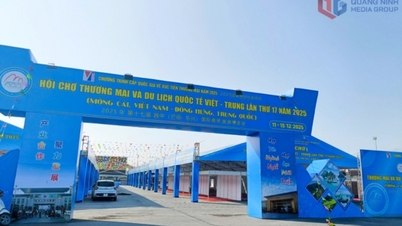







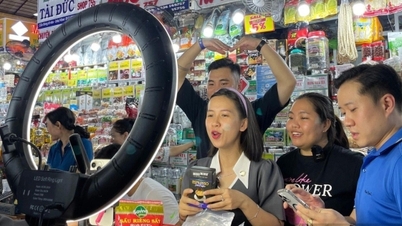





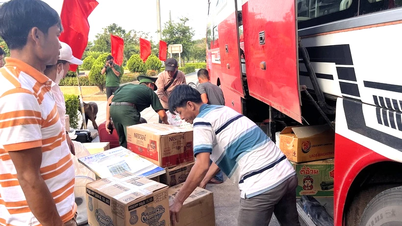

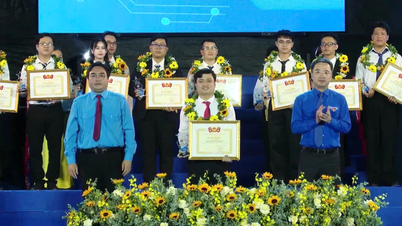









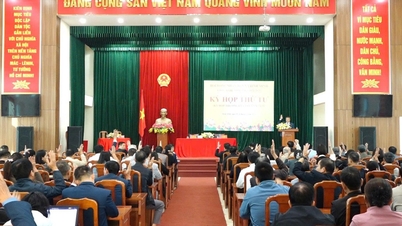

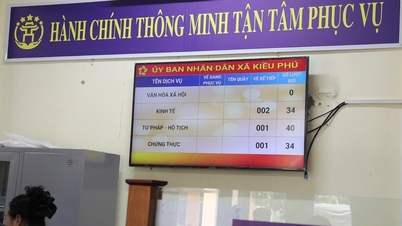





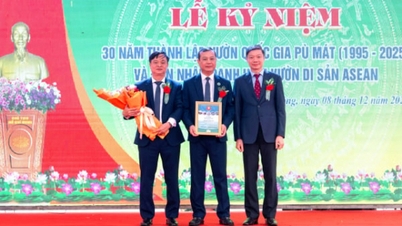
















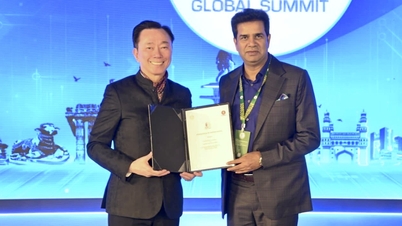





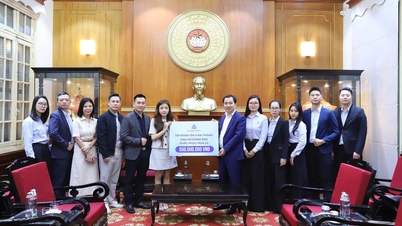














![[Photo] General Secretary To Lam works with the Standing Committees of the 14th Party Congress Subcommittees](https://vphoto.vietnam.vn/thumb/402x226/vietnam/resource/IMAGE/2025/12/09/1765265023554_image.jpeg)












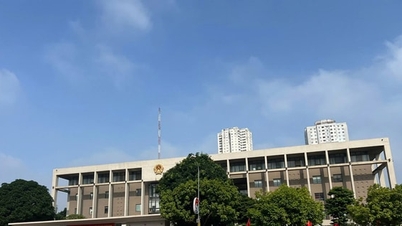




















Comment (0)